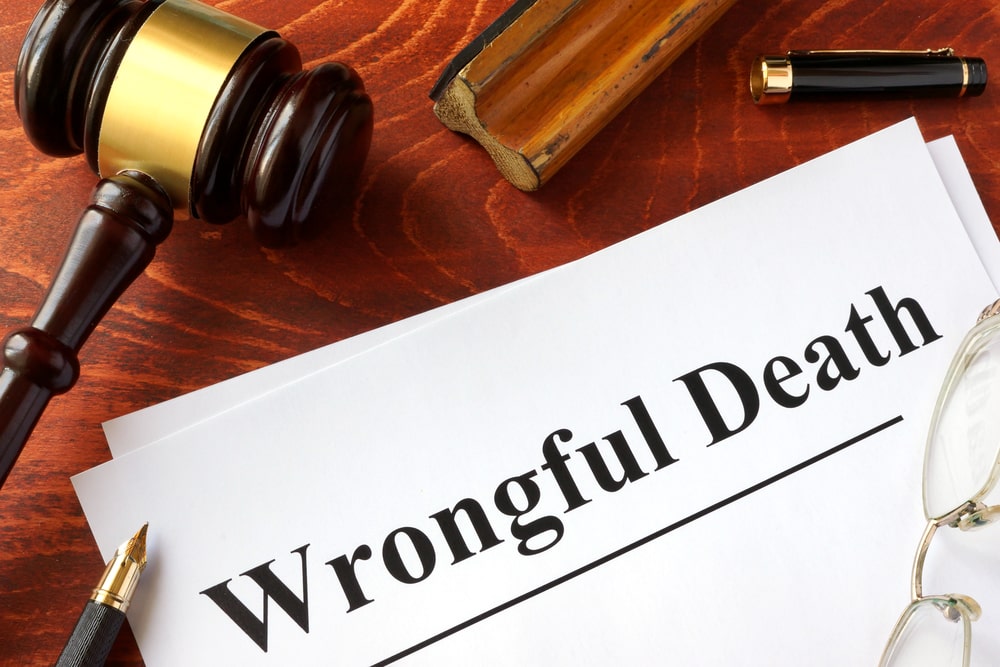When a loved one dies as a result of someone else’s actions, it’s natural to seek justice and accountability. In such cases, both wrongful death lawsuits and criminal charges may arise. However, it’s essential to understand the significant differences between these two legal avenues, including the standards of proof and the potential for concurrent civil and criminal proceedings.
Our peers from Council & Associates, LLC help grieving families understand more about the legal avenues available to them after losing a loved one due to the negligence of another party. As you’re grieving, you may not be thinking about the financial impact of losing your beloved family member. However, a wrongful death suit may help alleviate these burdens and give you peace and closure to move forward.
Legal Standards Of Proof
One of the primary distinctions between wrongful death lawsuits and criminal charges lies in the legal standards of proof required to establish liability. In criminal cases, the burden of proof rests with the prosecution, who must demonstrate the defendant’s guilt beyond a reasonable doubt. This is a high standard, requiring jurors to be firmly convinced of the defendant’s guilt based on the evidence presented.
Conversely, in wrongful death lawsuits, the burden of proof is lower. A wrongful death lawyer must establish liability by a preponderance of the evidence, meaning that it is more likely than not that the defendant’s actions or negligence led to the victim’s death. While this standard is less demanding than the “beyond a reasonable doubt” standard in criminal cases, it still requires sufficient evidence to support the plaintiff’s claims.
Purpose And Outcome
Another key difference between wrongful death lawsuits and criminal charges lies in their purpose and potential outcomes. Criminal charges are brought by the state or federal government with the goal of punishing the defendant for their actions and deterring future criminal behavior. If found guilty, the defendant may face penalties such as incarceration, fines, probation, or community service.
On the other hand, wrongful death lawsuits are civil actions brought by the surviving family members of the deceased with the aim of seeking compensation for their losses. While monetary damages cannot undo the loss of a loved one, they can help alleviate financial burdens such as medical expenses, funeral costs, loss of income, and pain and suffering.
Concurrent Civil And Criminal Proceedings
In some cases, wrongful death lawsuits and criminal charges may proceed simultaneously, with separate legal proceedings taking place concurrently. This means that while the defendant may face criminal charges in criminal court, they may also be subject to civil litigation in civil court. Importantly, the outcomes of these proceedings are independent of each other, and a defendant may be found liable in civil court even if acquitted of criminal charges, or vice versa.
The thought of filing a wrongful death lawsuit may feel overwhelming so soon after losing a loved one. By understanding the key differences between these legal avenues, families can make informed decisions about how to pursue justice for their loved ones. Whether seeking compensation through a wrongful death lawsuit or advocating for criminal charges, it’s essential to seek the guidance of experienced legal professionals who can provide personal advice and support throughout the process.

